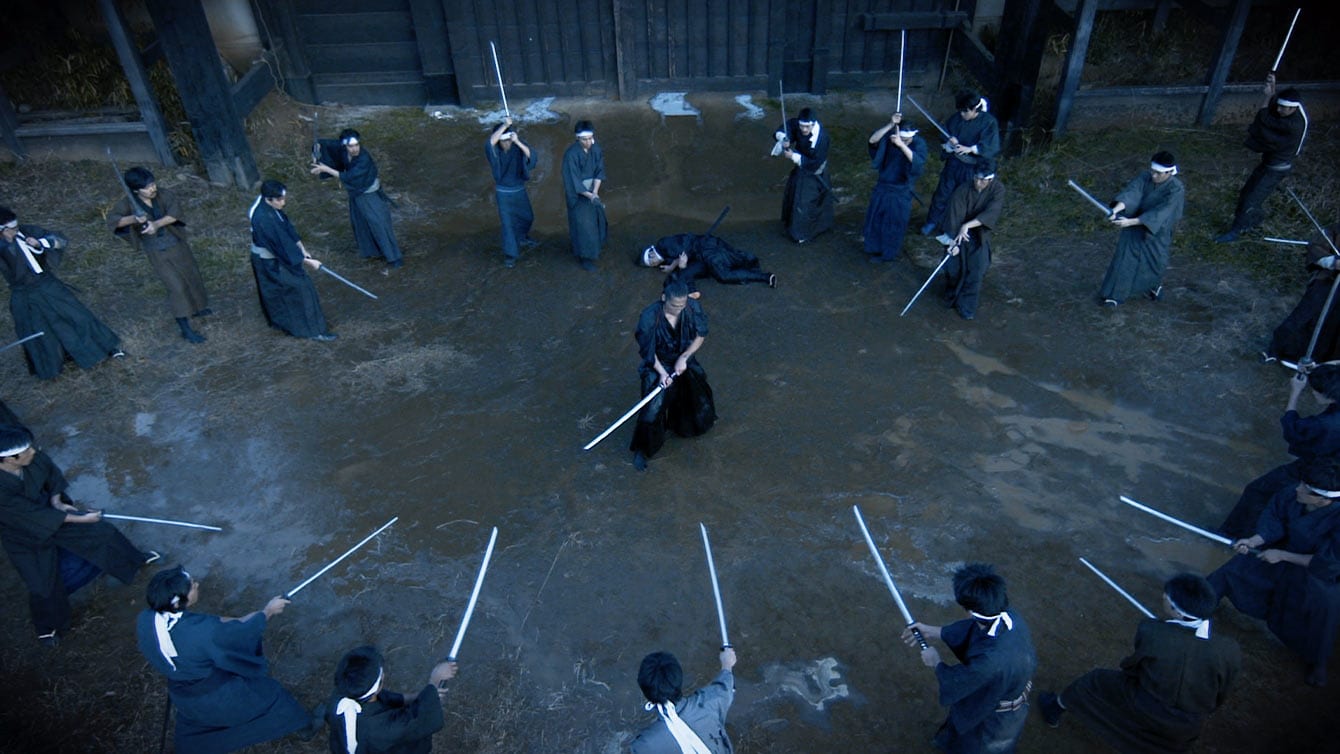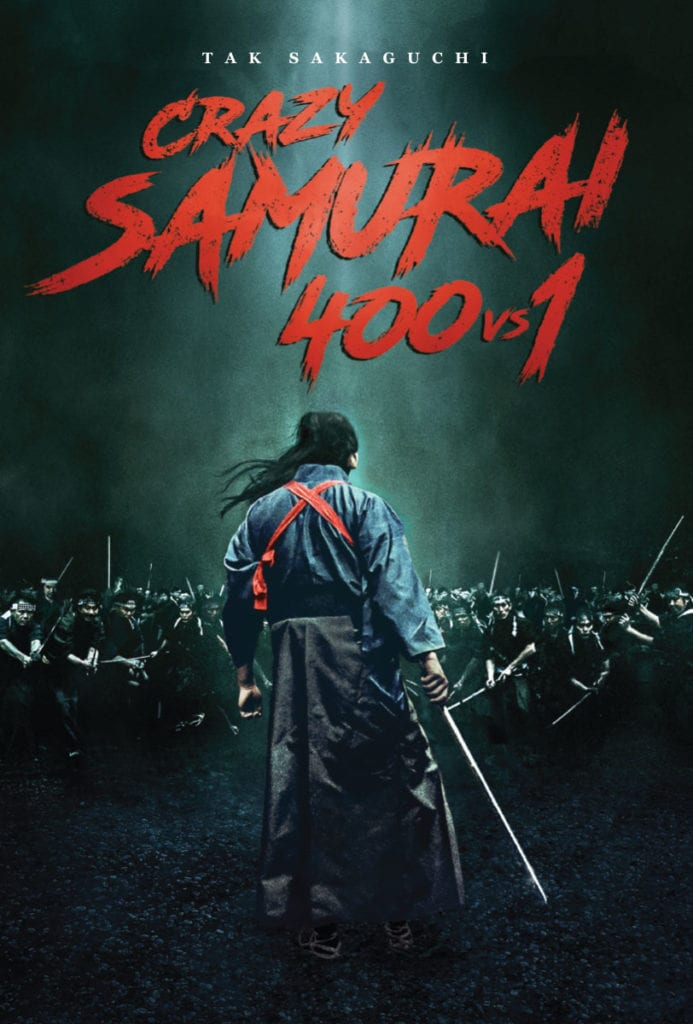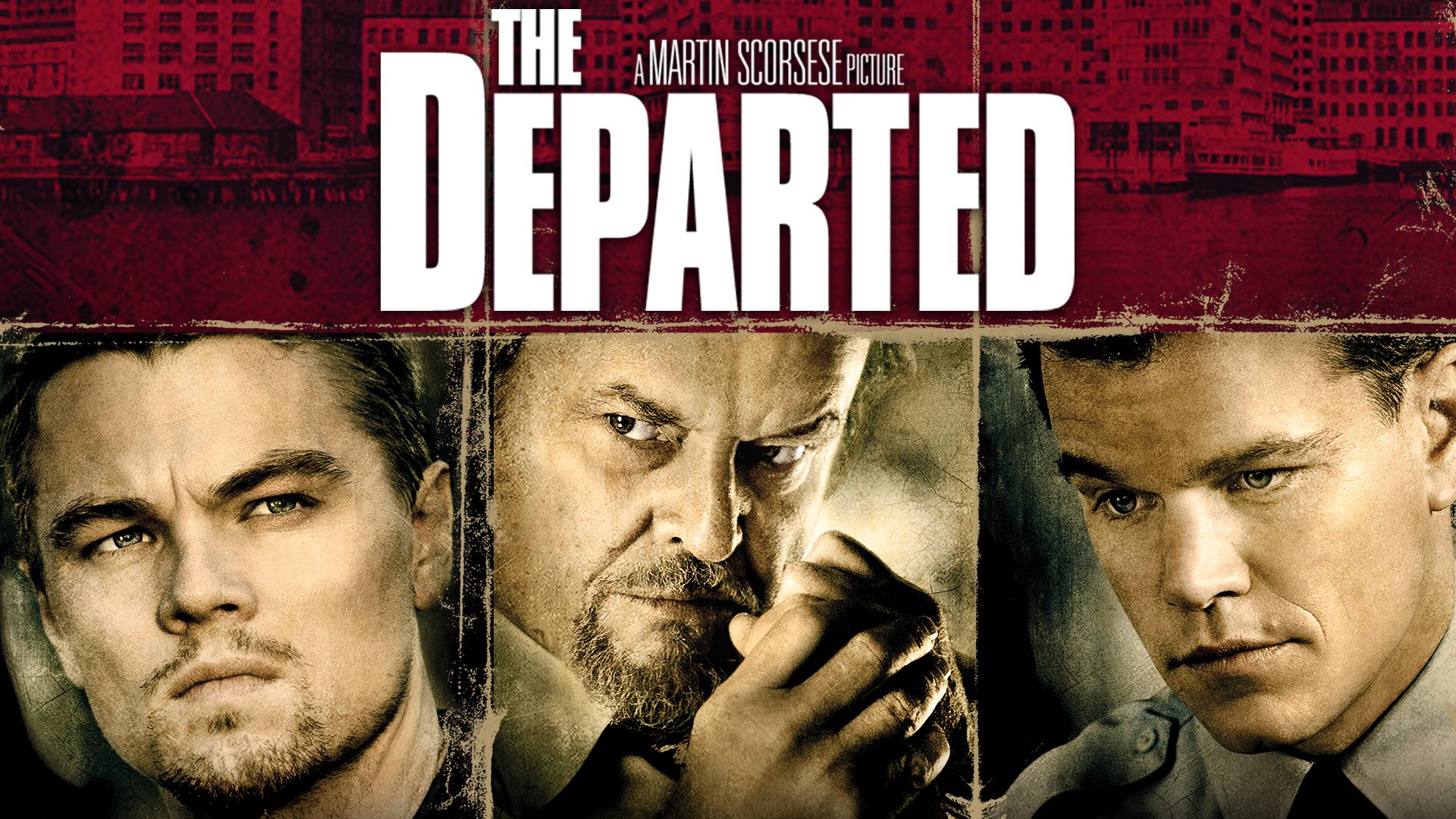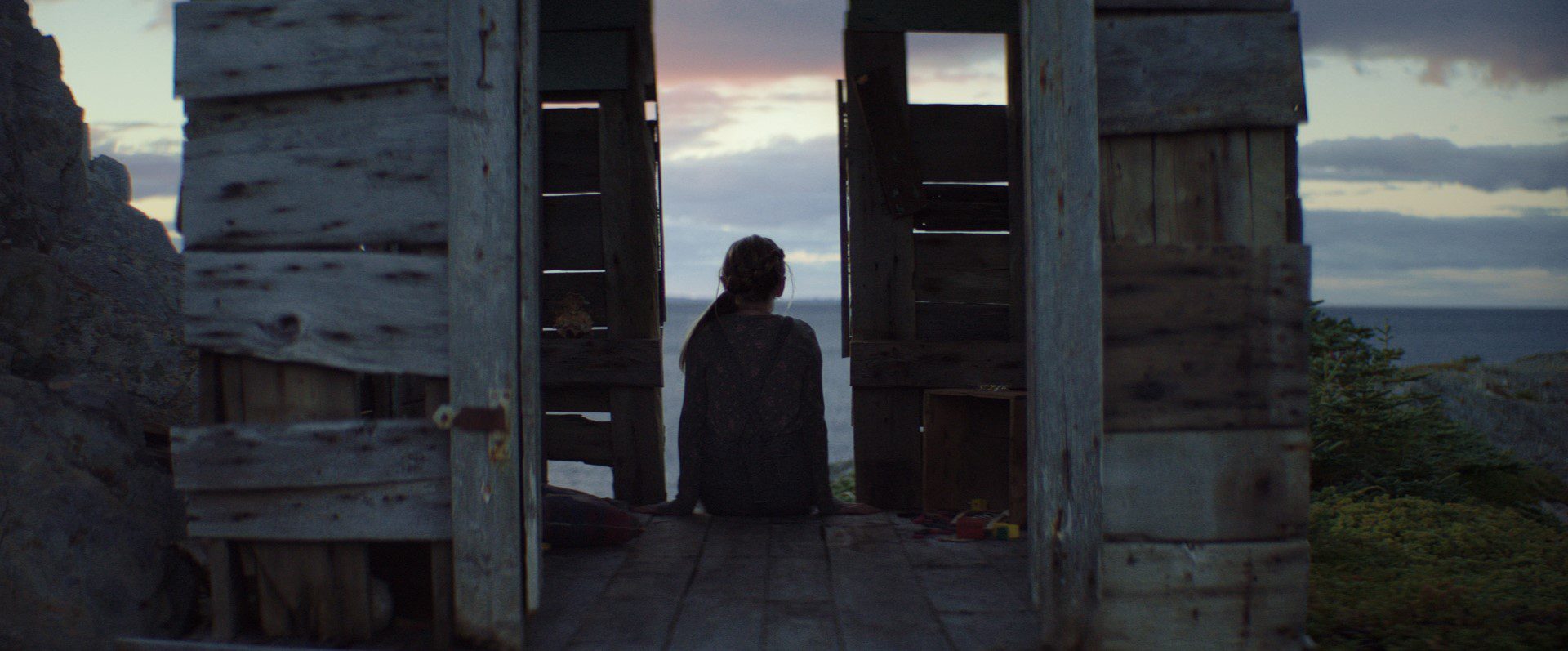Wouldn?t it be cool if one man took on 400 samurai?
Based on an idea by iconic director Sion Sono, Crazy Samurai: 400 vs. 1 follows Miyamoto Musashi (Tak Sakaguchi) as he leads an assault on the Yoshioka family in 1604. After defeating their master Suijuro and his younger brother Denschichiro, the Yoshioka family is left in disarray. In order to reclaim their family honor, all 100 family members defend themselves against their attacker, hiring an additional 300 samurai to ensure victory. Against all odds, Musashi decides to accept the challenge and try to kill every man that stands in his way.
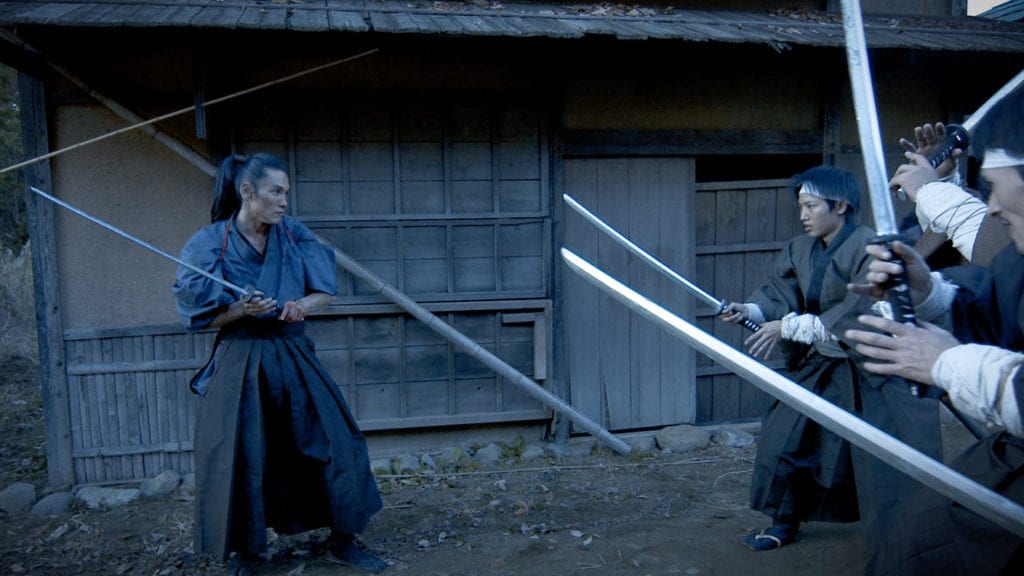
Directed by Yuji Shimomura, Crazy Samurai has a wild concept with? less wild execution. Don?t get me wrong. There?s a lot to like about Crazy that makes it an intriguing watch. Shot almost entirely in one take, Crazy has a unique look and feel to it. While modern ?one shot? performances often use digital trickery to make it appear authentic, Crazy actually feels like one exhausting battle to the death. As they watch Musashi face wave after wave of samurai standing in his way, one can?t help but be amazed at the man?s commitment to the concept. Set against impossible odds, Sagakuchi shows off some incredible skills (and cardio) as he wields his sword against an endless string of trained foes. Rarely ever allowing him a moment off camera, we see the toll that the battle is taking on him, giving it an element of realism that few other period films can do. (In fact, when he finally moans, ?How many more of them are there??, we believe his frustration and exhaustion.)
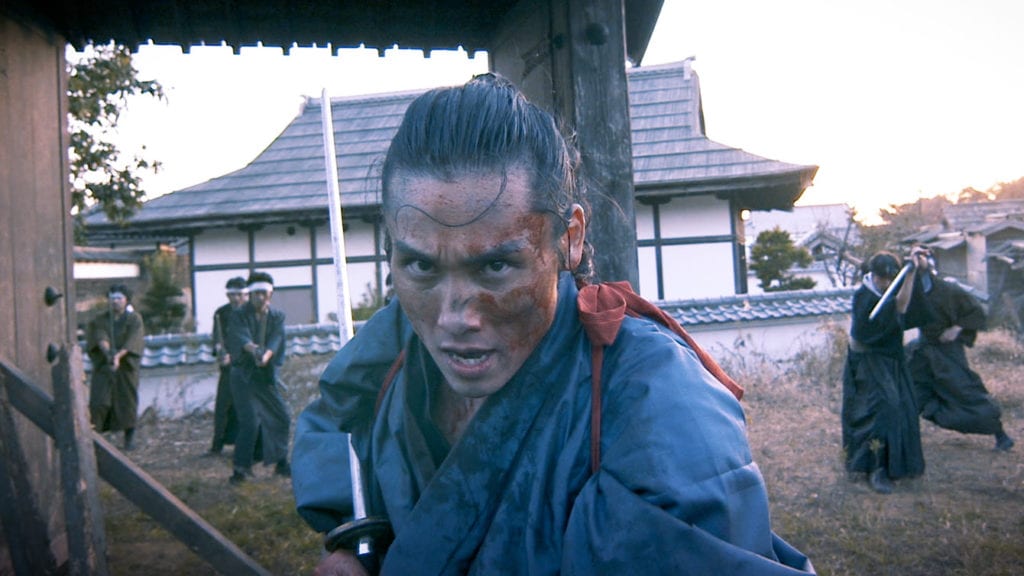
Sadly however, this also works against the film. Because most of Crazy is shot in this way, there is very little that can be done to ?escalate? action sequences. While this may seem like a trivial observation, the lack of rest?and high number of extras?means that many of the confrontations amount to nothing more than ?one shot? kills with very little to engage the viewer. Though there are ?plot moments? (one brief scene where Musashi meets a villager in a barn is particularly memorable), this truly is 77-minutes of one man defending himself against nameless adversaries with very little deviation.
In other words, it can become repetitive very quickly.
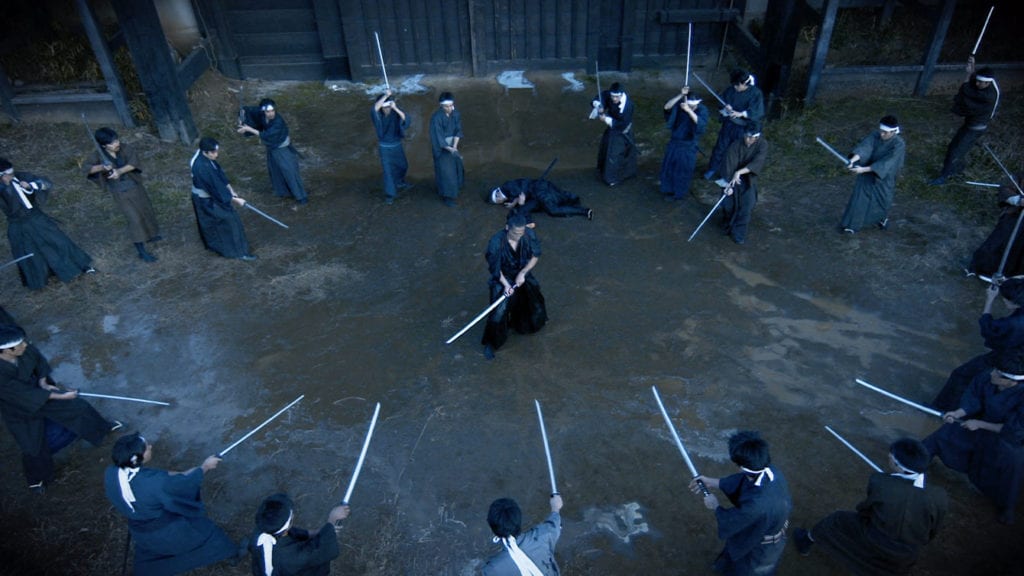
For what lack of a story there is in the film, it is interesting to note the dichotomy that it sets up between the concepts of honour and winning. Asked for a reason for his actions, Musashi essentially views his assault as a victory with no particular ?endgame? in sight. To him, winning is all that matters whereas his opponents attempt to defend their territory with honour. (Note that almost none of the defenders attack his blind side but instead choose to fight head on one-at-a-time. To them, there is no honour in breaking the rules of combat.) By the film?s conclusion, ?honour? may be upheld as the better theoretical concept but, in this case, it does not accomplish their goal.
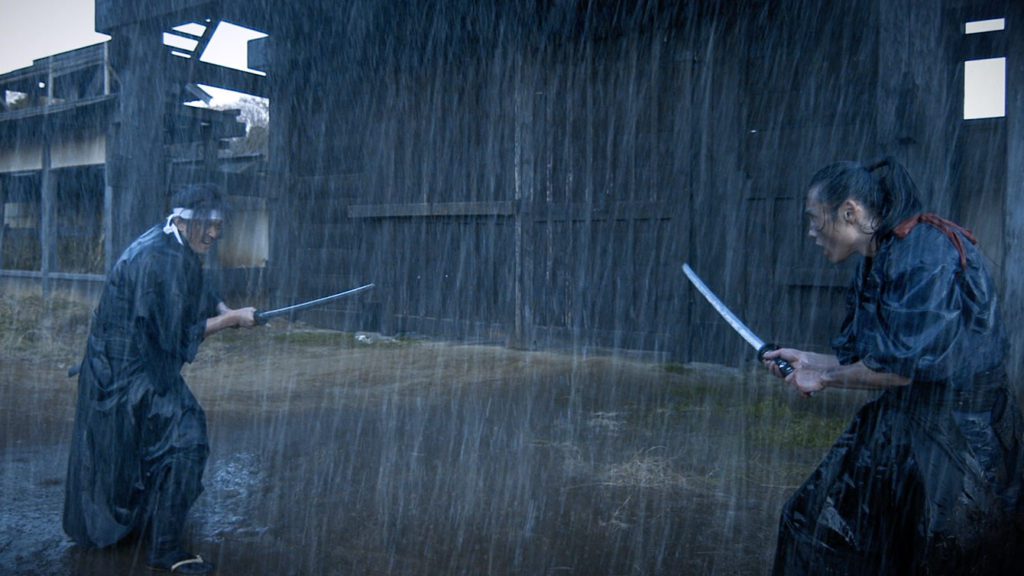
In this way, the film?s view of Musashi is hard to pinpoint. Despite the fact that he eviscerates an entire village, the film is told from his perspective. As a result, the audience often roots for him to complete his mission and usually cheers with each kill. Yet, we also realize that he fights without honour and purpose, which normally leans into the villainous. To him, the challenge of defeating 400 foes is the ultimate prize, despite the reckless loss of life. As such, while ambiguity can work for anti-heroes such as Musashi, Crazy seems to care more about its own concept than it does any particular motivation for the character, leading to mixed feelings about his actions.

While the film?s story and character development are minimal at best, it is fair to say that Crazy Samurai 400 vs. 1 is still something to see. The preparation and physical effort made by its cast alone bring a sense of authenticity to the film that we don?t often see in other films of the genre.
And, in retrospect, it definitely looks cool.
Crazy Samurai 400 vs. 1 is available now on Blu-Ray, DVD and VOD.

